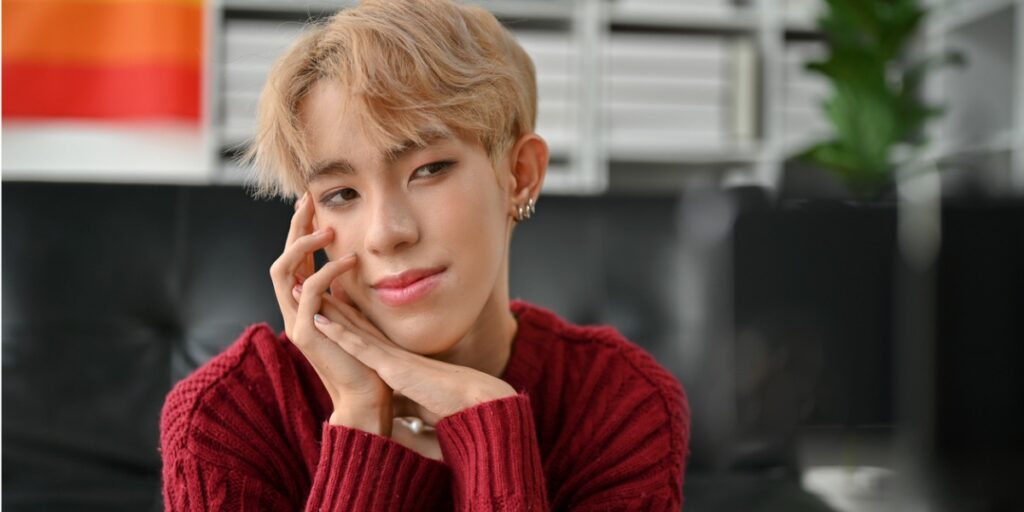Behavioral Issues
Behavioral issues can disrupt family life, school performance, and peer relationships. Problem behavior may be the result of a specific behavioral disorder such as oppositional defiant disorder (ODD), disruptive mood dysregulation disorder (DMDD), other mental health disorders, alcohol/substance use, or complex family dynamics. Behavioral issues in children can interrupt academic and social progress at the most basic levels, while behavioral issues in teens and young adults can impair everything from family life to work performance to the ability to form healthy, fulfilling relationships.
When we understand the cause, we can help create behavioral change.
At BACA, We Know That Beneath Problem Behavior is a Child, Teen, or Young Adult Who Needs Help: Behind the Attitude, There is Pain.
When a parent tells us their child or teen has behavioral issues and is acting out, what we hear is this: my child is seeking connection and has no idea how to talk about their thoughts, feelings, and emotions in a healthy and productive manner. What we tell parents is this: we know how to help your child.
Behaviors we have experience treating include:
- Defiance
- Anger
- Extreme negativity
- Peer conflict
- Sibling conflict
- Alcohol or substance use
- Skipping school
- School refusal
- Sexualized behavior
- Sneaking out at night
We understand that what young people with behavioral issues need more than anything else is true empathy and compassion: they need to be seen, heard, and understood.
We meet children, teens, and young adults with behavioral issues where they are. We accept who they are without judgment. We’re patient. We allow our young patients to open up and talk on their own time, in whatever way they can, in whatever manner they choose.
When we establish a treatment alliance based on trust and open communication, the healing process can begin. Young people with behavioral issues need to see we fully comprehend their level of pain and distress. When we earn their confidence and cross that bridge – from reluctance and withholding to trust and full disclosure – they teach us how to help them.
We Get It. We Get You. We Accept You, No Matter Who You Are or What You’re Facing, We’re Ready to Listen to You.
An adolescent might read that and think “yeah, right, you don’t even know me – how can you get me?” They’d be right. We don’t know them – yet. What we do know is that when we’re fully present, aware, and in the moment, we can see and hear what’s important to them. When we’re truly open and receptive, the real person emerges. And that person – when the attitude drops – tells us what they need, why they need it, and how to give it to them.
Behavioral Issues and Disorders: Signs, Symptoms, and What to Watch For
Parents of teens should keep an eye out for the following:
- Problems making friends
- Problems keeping friends
- Extreme defiance
- Inability to accept responsibility for actions
- Inability to accept consequences for actions
- Refusing to attend school
- Skipping school
- Fighting at school
- Extreme disrespect toward teachers/parents
- Anger and irritability
- Excess hostility
- Risky behavior related to sex, alcohol, drugs, and cars
It’s important to understand that behavioral issues are common in adolescents. Defiance, apathy, and negativity – while no fun to be around – are not all that unusual in teens. In addition, conflict happens, and emotions happen. Teens might fight with siblings or friends, they may get angry, they may get extremely sad, they may skip school, they may get in the wrong car with the wrong person at the wrong time, and sometimes these are signs of an unrecognized mental health disorder.
Not every problem behavior means your teen needs professional support. However, when problem behavior happens frequently and starts to escalate – especially in teens diagnosed with a mental health or behavioral disorder – it’s time to consider initiating professional support, or seeking more immersive support than what they currently receive.
Treating Behavioral Issues: Watch, Listen, Learn
When a mental health disorder causes behavioral issues, individual and family therapy interventions are still effective. We treat the mental health disorder, which often resolves the behavioral problems. However, when there’s no distinct mental health disorder to treat, we use elements of psychotherapeutic modalities, including but not limited to:
- Cognitive behavioral therapy (CBT): CBT helps patients understand the connection between emotions, thoughts, and actions, and how each influences the other.
CBT help teens and young people understand what’s going on inside them so they can understand why they engage in problem behaviors or have behavioral issues they don’t know how to manage.
A treatment plan for a teen with behavioral issues might include:
- Individual therapy
- Group therapy
- Family therapy
- Parent Skills Training
- Communication groups
- Conflict resolution groups
- Stress management skills
- Mindfulness skills
- Healthy lifestyle habits
In combination with the empathy, compassion, and understanding we bring to every therapeutic relationship, we use evidence-based techniques to restore relationships and facilitate effective communication and problem solving. We collaborate with families to build a treatment plan that addresses the issues unique to their family and teen in order to rebuild the harmony and balance disturbed by specific problem behaviors or general behavior issues.




